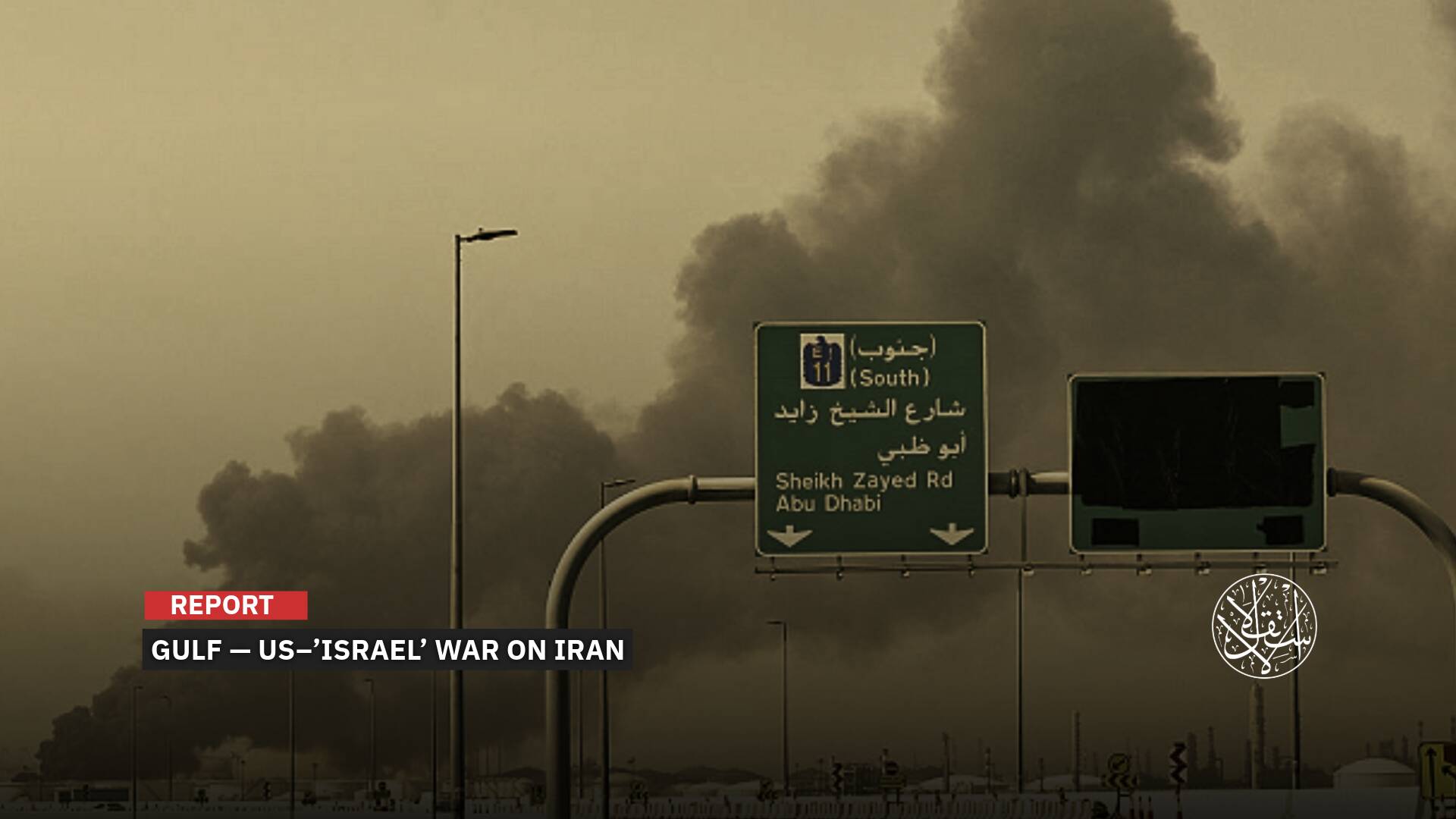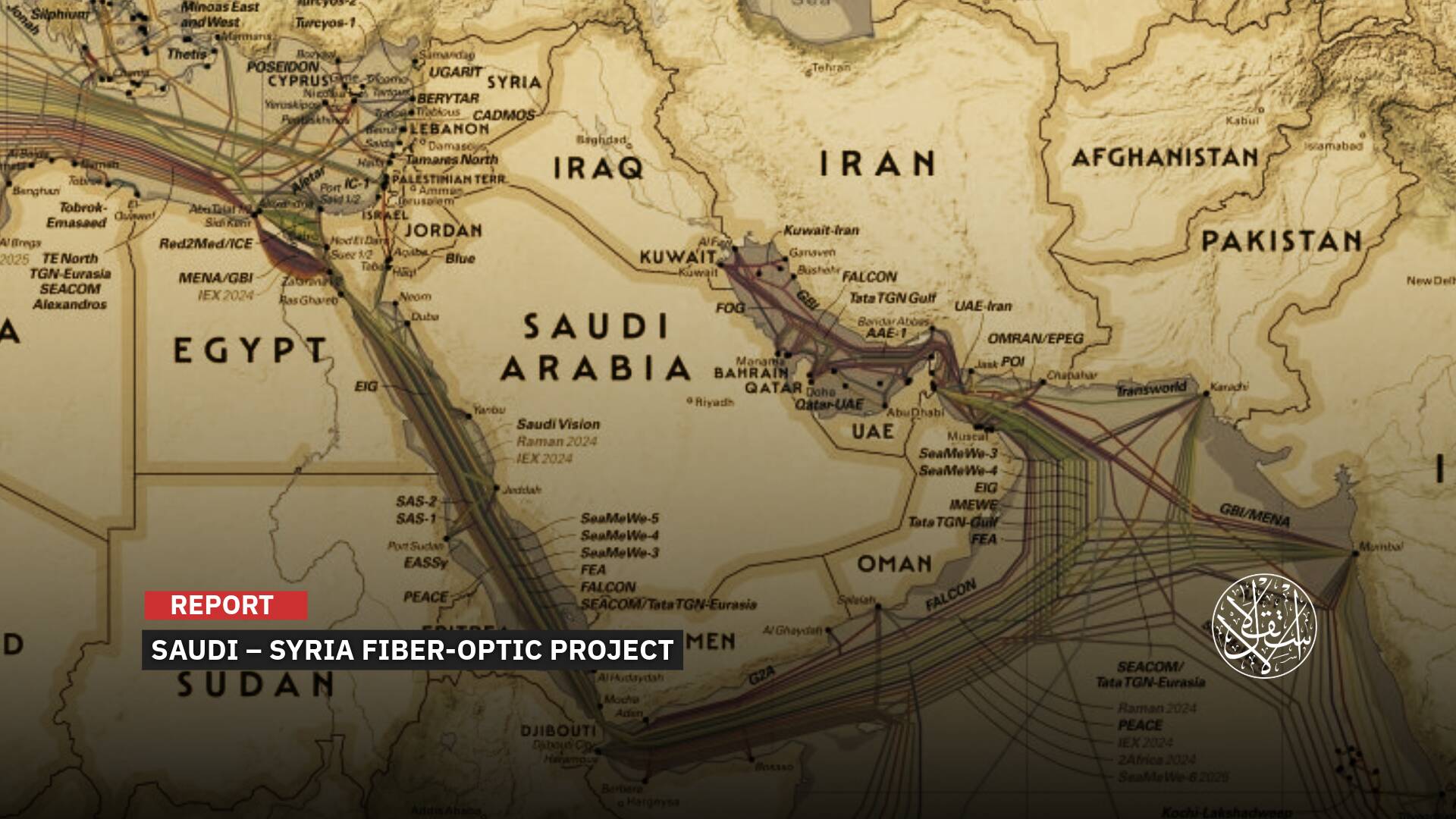Trump's Triumph: A New Deal for ‘Israel,’ What’s Next for Palestine?

Trump will work to halt the war, but he will secure both a military and moral victory for “Israel.”
The repercussions of Republican candidate Donald Trump’s victory in the U.S. elections on November 6, 2024, are being felt across the globe, particularly in Gaza, which has been subjected to brutal Israeli aggression for over a year.
Trump has long portrayed himself as the “most pro-Israel president in U.S. history,” telling the American Israel Public Affairs Committee (AIPAC) in Washington on September 19, 2024, that “we will make Israel great again.”
He also assured American Jewish voters that, with their support, he would be their “defender” and “protector.”
Previously, Trump had called the Operation al-Aqsa Flood “one of the darkest hours in human history.”
Throughout his campaign, he emphasized that the US-“Israel” relationship was “strong and enduring,” but promised it would become “stronger and closer than ever before” should he win the election.
Despite repeatedly pledging to end wars and bring peace to the Middle East, Trump has yet to outline a clear approach for how he intends to achieve these goals.
‘Israel’ Celebrates Trump’s Victory
Israeli Prime Minister Benjamin Netanyahu was the first to congratulate Donald Trump, immediately following his victory speech early on Wednesday morning, in which he declared his win in the U.S. elections.
Netanyahu wrote on X, “Your historic return to the White House offers the United States a fresh start and renews the commitment to the great alliance between Israel and the United States.”
Two far-right ministers in Netanyahu’s government also celebrated Trump’s victory.
National Security Minister Itamar Ben-Gvir posted on X, “Yes, God bless Trump.”
Finance Minister Bezalel Smotrich of the occupying state posted on X, “God bless Israel, God bless America.”
Israeli President Isaac Herzog described Trump’s victory as a reinforcement of what he called the “iron bonds” between “Israel” and the United States.
Trump is a prominent supporter of Netanyahu and his administration.
During his campaign, he had previously stated that if he had been in the White House, the October 7th attacks—referring to the Operation al-Aqsa Flood—would never have happened.
Hamas' Response
The first comment from the Palestinian Islamist movement Hamas on Trump’s victory came from senior leader Sami Abu Zuhri.
In a statement to Reuters on November 6, Abu Zuhri said that Trump’s win now puts him to the test of fulfilling his claims that he could end the war within hours.
“The loss of the Democratic Party is the natural price for their leadership's criminal stance toward Gaza,” Abu Zuhri added.
Abu Zuhri also called on Trump to “learn from Biden’s mistakes,” which he said had contributed to fuelling the conflict by providing unwavering and unconditional support for the crimes of the Israeli Occupation against both the Palestinian and Lebanese peoples.
Later that same day, Hamas issued a statement confirming that it would base its position on the new U.S. administration on its policies and actions towards the Palestinian people, their legitimate rights, and their just cause.

‘America First’ Approach
On April 30, 2024, Time highlighted Donald Trump's anticipated policy toward the ongoing Israeli extermination campaign in Gaza.
The article described Trump as embracing an "America First" approach that in practice translates into "America Alone," effectively disregarding the traditional Republican doctrine of international alliances and cooperation.
It noted that, despite this, Trump has a clearly defined stance on the Israeli-Palestinian conflict, chief among them his alignment with Israeli leadership in rejecting a two-state solution—contrary to claims made by the Democrats that Trump had once supported it.
"I'm not sure a two-state solution anymore is gonna work. Everybody was talking about two states, even when I was there,” Trump told Time.
According to a leak reported by The Washington Post, during a meeting with wealthy Jewish donors, Trump expressed his support for “Israel” to continue “its war on terror,” in a meeting with wealthy Jewish donors.
During his debate with Joe Biden on June 28, 2024, he called for allowing “Israel” to complete its mission in Gaza, until Hamas is eradicated.
He also backed the expulsion of pro-Hamas students from U.S. universities, suggesting the cancellation of visas for students who express “anti-Semitic” or “anti-American” views, a thinly veiled reference to support for the Palestinian cause.
However, Trump did criticize the Israeli government for releasing images showing the extensive destruction of buildings in Gaza, arguing that such imagery could damage Israel’s international image and reputation.
“Go out, win the war. Win it quickly, win it decisively and then move forward.” I think his advice was good. I hope Israel is able to achieve that. I didn’t read it as: “End the war precipitously because you’re losing support,” David Friedman, the former U.S. ambassador to “Israel,” told The Washington Post.
Deborah Shushan, Policy Director at the pro-peace Jewish-American advocacy group J Street, wrote in Haaretz that Trump showed “no red lines on Israel's war in Gaza.”
“Trump has shown little concern for the hostages. It is not clear that he would choose, or be able, to orchestrate a multinational defense of Israel, as Biden did when Iran attacked in April.”
"A second Trump term, buttressed by his America First running mate, spells disaster for Israelis and Palestinians," Shushan concluded.

‘Deal of the Century’
Ahmed Atawna, head of Vision Centre for Political Development, warned of the real danger of a return to what became known as the "Deal of the Century," a plan aimed at liquidating the Palestinian cause.
Atawna explained that this meant allowing the Israeli occupation to impose its policies in Gaza and the West Bank.
As reported by Al-Estiklal, Atawna added that Trump would work tirelessly to push forward the policies of Netanyahu's far-right, fascist government—such as annexing parts of the West Bank and attempting to impose partial solutions on the ground.
Despite the Israeli celebration of Trump’s return to the White House, there are some cautionary voices urging against excessive optimism.
Among these voices is the Israeli journalist Amos Harel, who published an in-depth analysis in Haaretz on November 7, 2024.
Harel pointed out that, while Trump has always been a staunch supporter of “Israel,” his victory could complicate the Israeli-American alliance.
“Trump will put his own interests first, and they won't necessarily always be aligned with the expectations of Netanyahu's coalition [...] Trump has always been a riddle wrapped in an enigma: capricious, self-driven and unpredictable," Harel noted.
He predicted that this time, Trump may adopt a more independent approach compared to his first term in office.

Hamas' Dilemma
Palestinian political analyst Mahmoud Said told Al-Estiklal that Trump’s victory presents a real dilemma for Hamas.
“Trump will work to halt the war on one hand, while on the other, he will strive to secure a military and moral victory for Israel that guarantees its security for years to come,” Said noted.
This, Said argued, would weaken the resistance axis in Gaza, Beirut, Yemen, and Tehran.
Moreover, Trump will likely seek to undermine Hamas' negotiation leverage both domestically and internationally, particularly on issues such as the detainees, or by exerting pressure on its international allies, notably Qatar and Turkiye.
However, the Palestinian analyst also noted that there are factors to consider: “Trump’s domestic challenges are significant, and his list of enemies at home is fierce. Both political camps will face a long and exhausting battle. Additionally, there is the issue of improving the economy, which played a major role in his success.”
Said concluded that Trump’s focus on countering China and undermining its global influence will also be a priority, pushing him to seek a swift resolution to the war on Gaza with the fewest possible losses.
Sources
- What does Trump’s victory mean for the war on Gaza? [Arabic]
- The world absorbs Trump’s win: Some nations congratulate, others watch cautiously, while Hamas hopes for an end to the conflict. [Arabic]
- Netanyahu congratulates Trump on a "historic return" – what did he say about the US election results? [Arabic]
- Hamas: Trump’s victory is a test of his promises to end the war within hours. [Arabic]
- Jewish activist: Trump and Vance’s victory signals disaster for both Israelis and Palestinians. [Arabic]











